The Philip Koutev National School of Folk Arts is not just any school - it is a talent laboratory. It is the first school not only in Bulgaria but in the Balkans for professional study of folklore. It is located in the heart of the beautiful town of Kotel, which was declared an architectural and historical reserve for its authenyic Rennaissance athmosphere.
Currently, 280 children from all over Bulgaria are trained in the school. They study Bulgarian folk instruments - kaval, bagpipe, gadulka, tambura - folk singing, Bulgarian folk dances, and accordion.
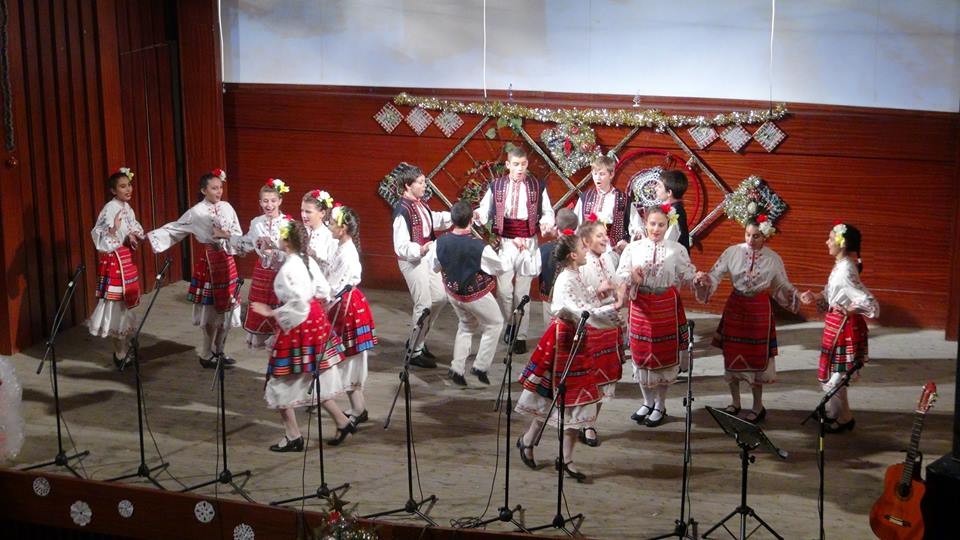
Maria Gradeshlieva has been a head of the the educational institution for 25 years now. For that time the school has become a home for talented children drom across the country. In an interview with Radio Bulgaria, she tell us how the school manages to attract more and more young people to folklore, to inspire in them a love of tradition and a desire to preserve our Bulgarian identity:
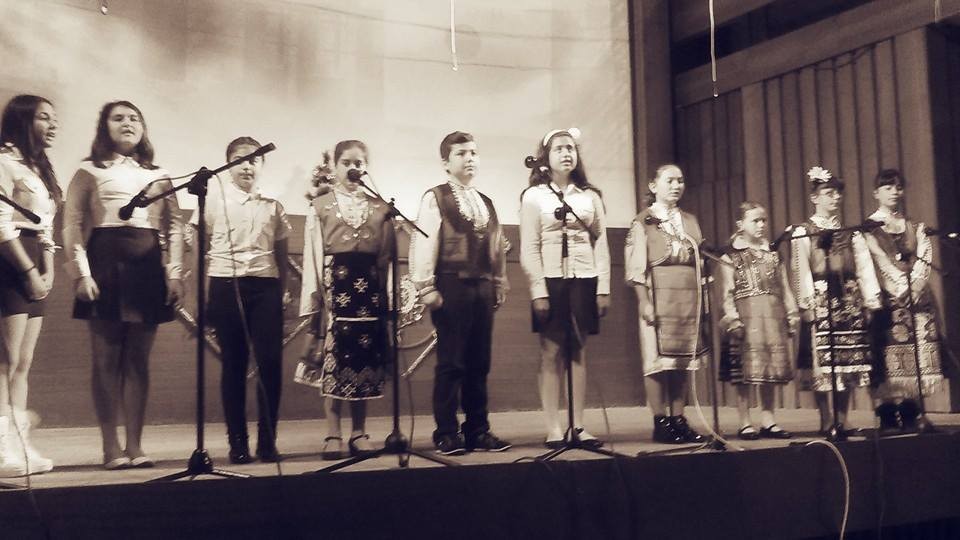
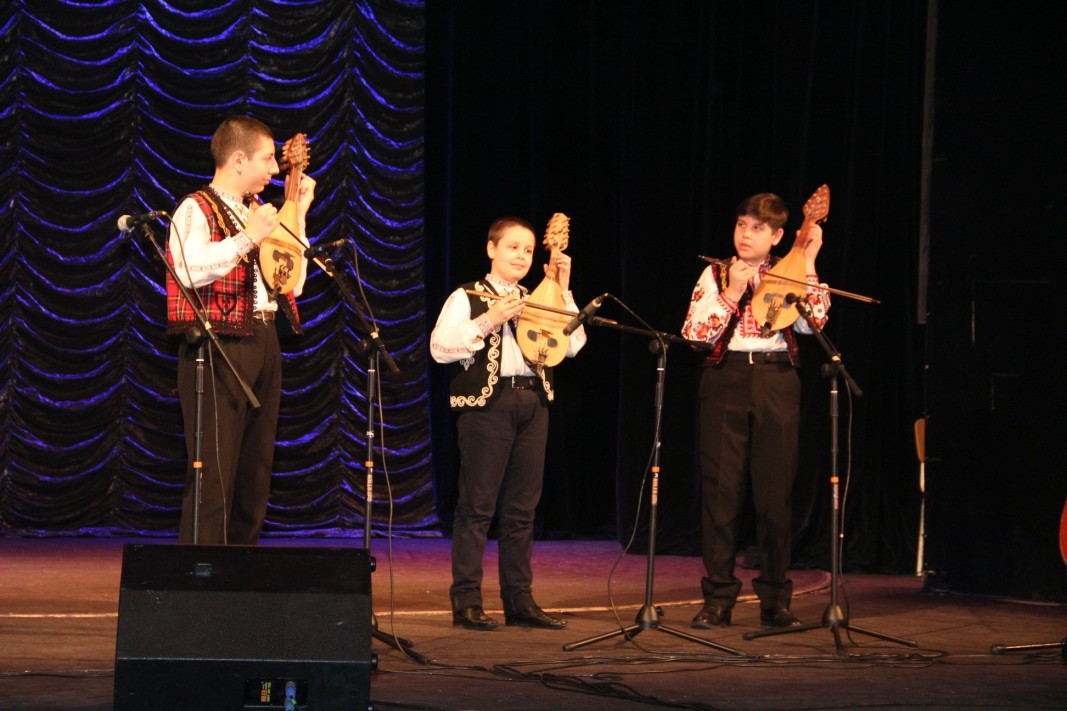
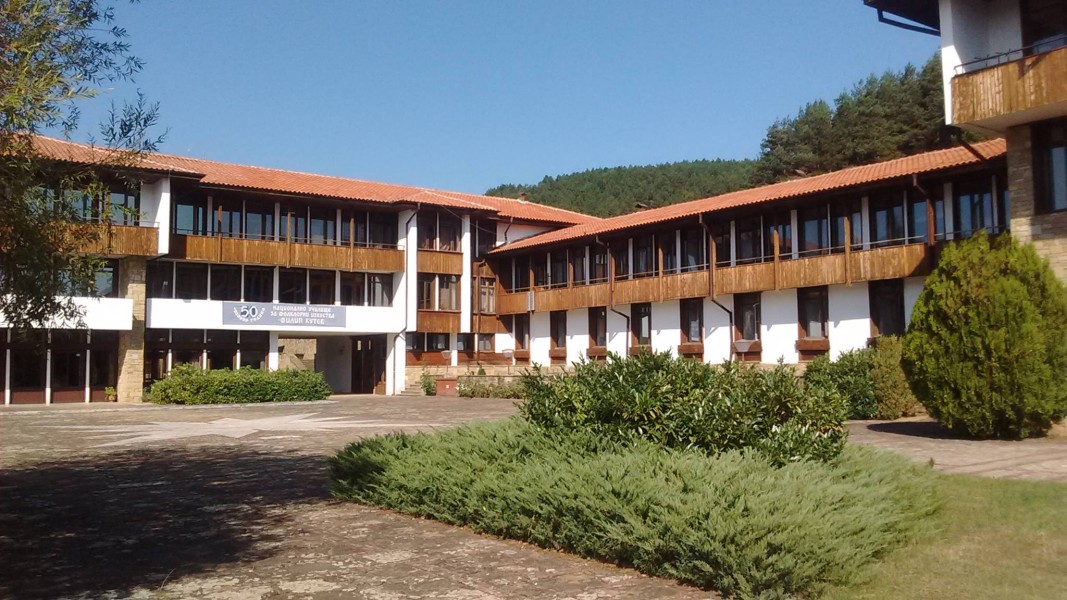
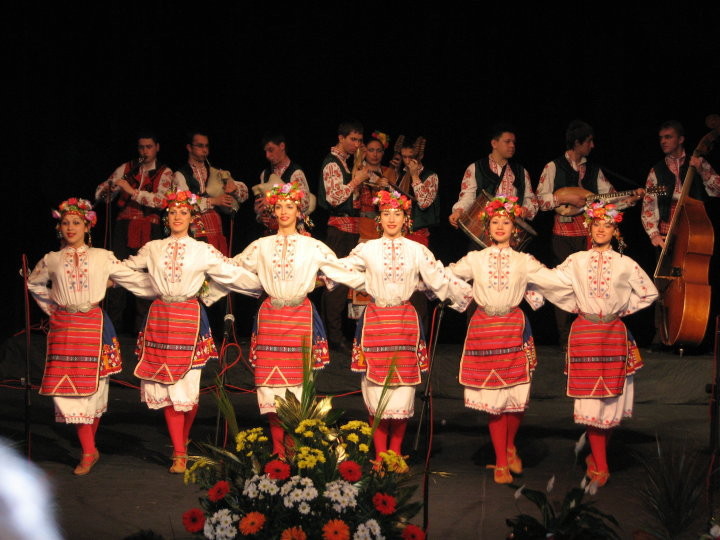


The day of St. Tryphon (1 February old style, 14 February new style) is celebrated by vine growers, falconers and gardeners in Bulgaria. Trifon Zarezan comes around with vine pruning and wine drinking St. Tryphon is believed to help..
All Bulgarian masquerade games originate from the ancient rituals related to the birth of the sun around Christmas. With the adoption of Christianity, in order not to defile the newborn God, the custom was blurred. In the western..
The Roma community in Bulgaria is celebrating Vasilyevden /or Vasilitsa, Bango Vasili (literally the Lame Vasil)/, also known as the Roma New Year , reports the Amalipe Foundation. The Roma New Year combining in its traditions Christmas with St...

+359 2 9336 661
